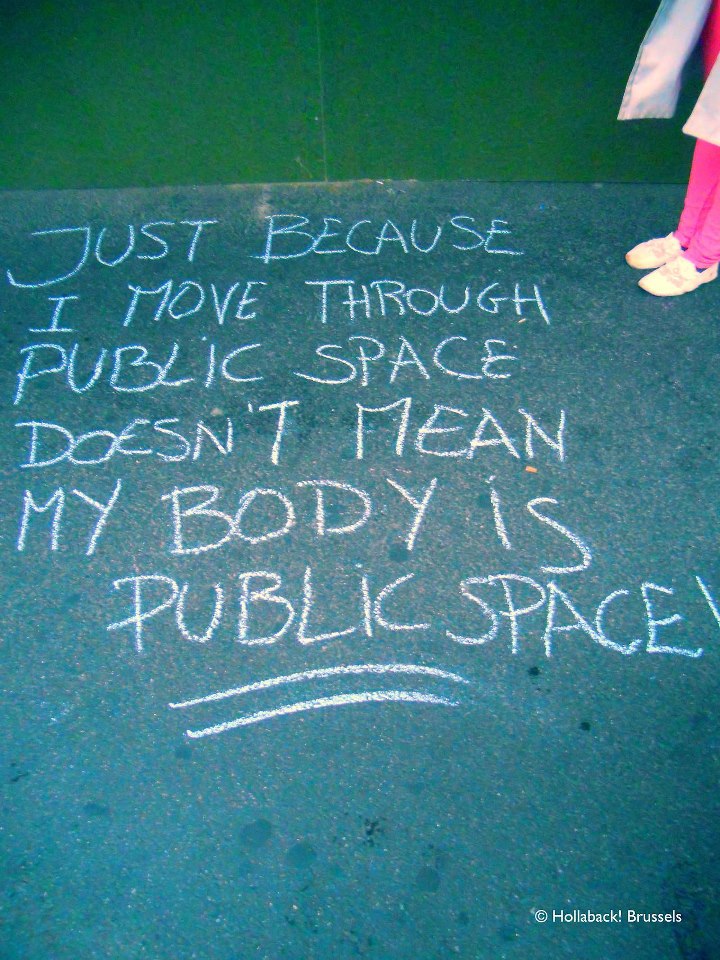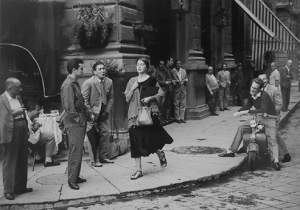Cross-posted with permission from Hollaback Edinburgh.
 We release our research today outlining the experiences of 100 young people aged 12-25 in Edinburgh, Scotland.
We release our research today outlining the experiences of 100 young people aged 12-25 in Edinburgh, Scotland.
Key findings include:
The majority of the respondents were 18-25 (94%)
The majority of respondents self-identified as female (85%)
Almost all the respondents had experienced some form of Street Harassment, with the most common being an experience of someone whistling, shouting, or beeping their horn at respondents (86%)
The most common reaction to Street Harassment was a feeling of anger, seconded by a feeling of vulnerability
When asked who they told, the majority of respondents told friends
One respondent reported that the “Police invalidated my experience”
Many respondents highlighted that “banter” is often used as an excuse
Read the full report: hollaback report 2013


